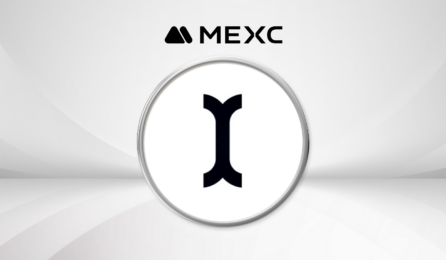According to a recent statement by Yedong Zhu,
the president of the Beijing Blockchain Association, it appears that around 70%
of China’s blockchain firms attempted to launch their own cryptocurrency. This
puts the number of firms that were after crypto over 25,000.
The findings were
published last Thursday as part of the
Bluebook of Blockchain. This is a report created by five Chinese financial and
technology authorities, led by the country’s central bank. The report focuses
on the blockchain industry, and especially on schemes, fraud, and illegal
actions in this sector.
Most blockchain firms are looking
to launch ICOs
Copy link to section
According to Zhu, only around 4,000 companies were truly dedicated to blockchain technology and its potential applications. Zhu shared this information in a recent interview with China’s CCTV, following the publication of the report.
Zhu noted that ICO was the most common crypto
issuance process, even though ICOs have been illegal since 2017. However, the
crackdown on crypto did not include mining or possession of crypto assets.
It is also noteworthy that the report comes
during China’s new crackdown, which banned all ICO-related operations, as well
as crypto trading. China is taking an even stricter stance, with some of its
major cities already making plans to seek out any existing crypto exchanges and
shut them down.
Even marketing companies that are promoting
cryptocurrencies are being shut down. Meanwhile, the same fate likely awaits
the 25,000 firms that were acting as blockchain companies in order to try and
launch their own ICOs.
China supports blockchain, not
crypto
Copy link to section
This new crackdown is part of the attempt to eliminate ‘fake’ blockchain firms that might try to benefit from the government’s new blockchain support programs. While China remains as unfriendly towards
cryptocurrencies as it was in the last two years, it still sees great potential in blockchain technology.
This report is the third ‘bluebook’ that was created to help the authorities with regulating the emerging fintech industry. Meanwhile, the other two focus more on technologies than on ICO schemes.









